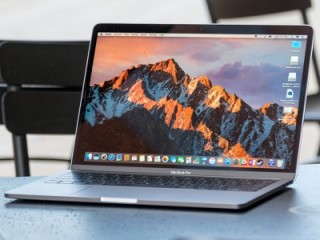Apple unveiled many new products earlier this week at the WWDC 2017 developer conference. During the presentation of the updated iMac and the new iMac Pro, MacBook laptops were also briefly mentioned. Since their update can be considered minor, the company decided not to focus on them. The entire current MacBook lineup, including the 12-inch MacBook, the 13-inch MacBook Pro without Touch Bar, and the 13/15-inch MacBook Pro with the Touch Bar, have received 7th Gen Intel Core Kaby Lake processors.
Resource MacRumors found out how much the performance of new laptops has increased. For comparison, MacRumors chose the 2016 and 2017 15-inch MacBook Pro with Touch Bar. In the first case, it is a model with a 6th generation Intel Core i7 processor, clocked at 2.7 GHz, and the opponent was a MacBook Pro with a 7th generation Intel Core i7 with a clock speed of 2.9 GHz. Apple MacBook Pro Testing conducted using the popular Geekbench 4 benchmark.
The redesigned MacBook Pro delivers 13% and 19.7% performance gains in single-core and multi-core tests, respectively. The base 15-inch MacBook Pro with a 2.8GHz Core i7 processor only showed a 9.5% performance increase over its sixth-generation Core i7 model last year. As for the top-end MacBook Pro with the seventh generation Core i7 clocked at 3.1 GHz, there are no test results yet.

